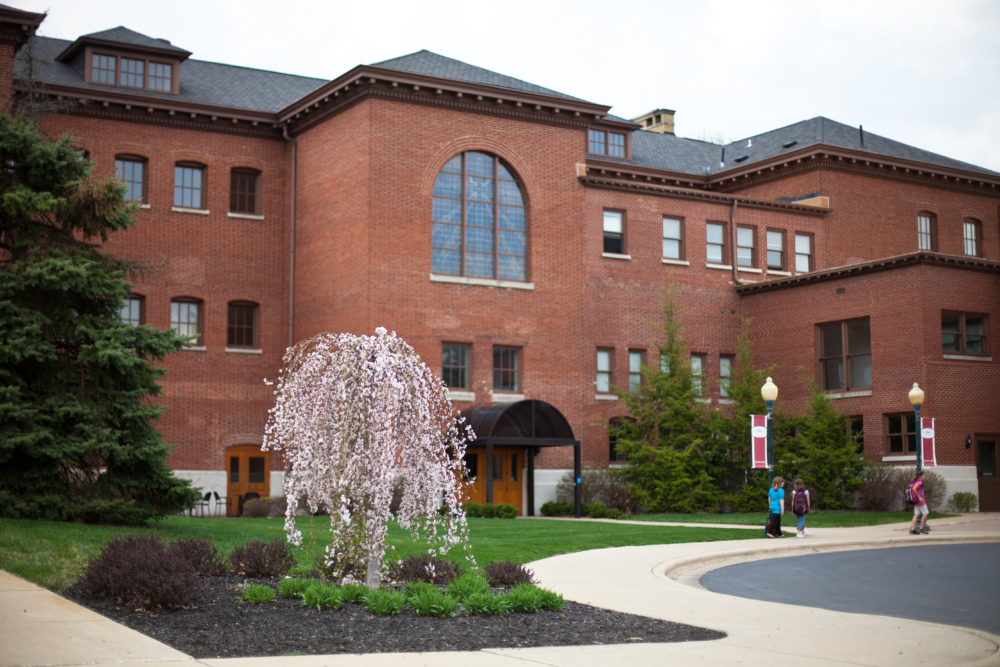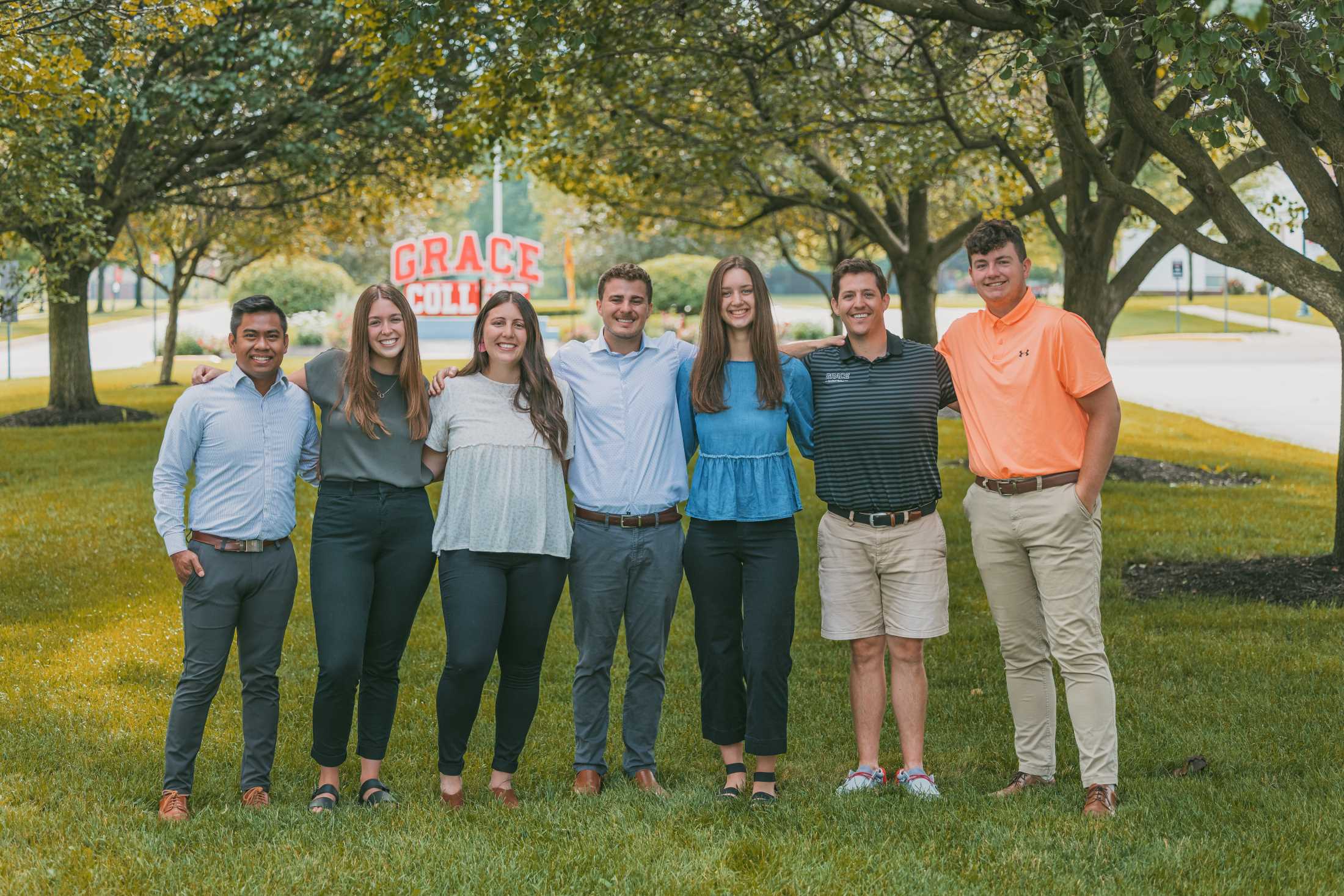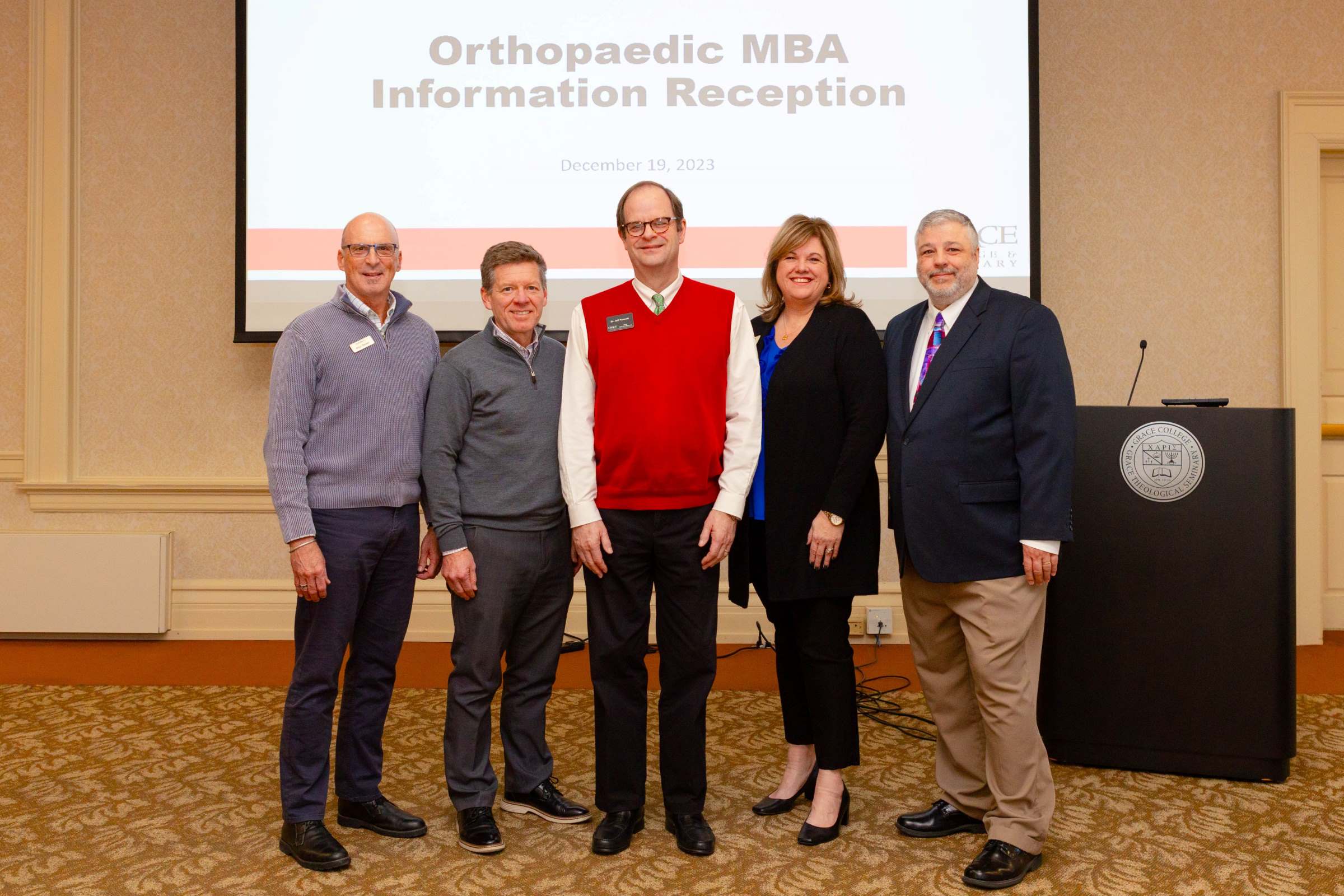February 18, 2022
Light in the Darkness: A Story of Becoming a Clinical Mental Health Counselor
Tagged With Counseling Masters Programs Student Stories
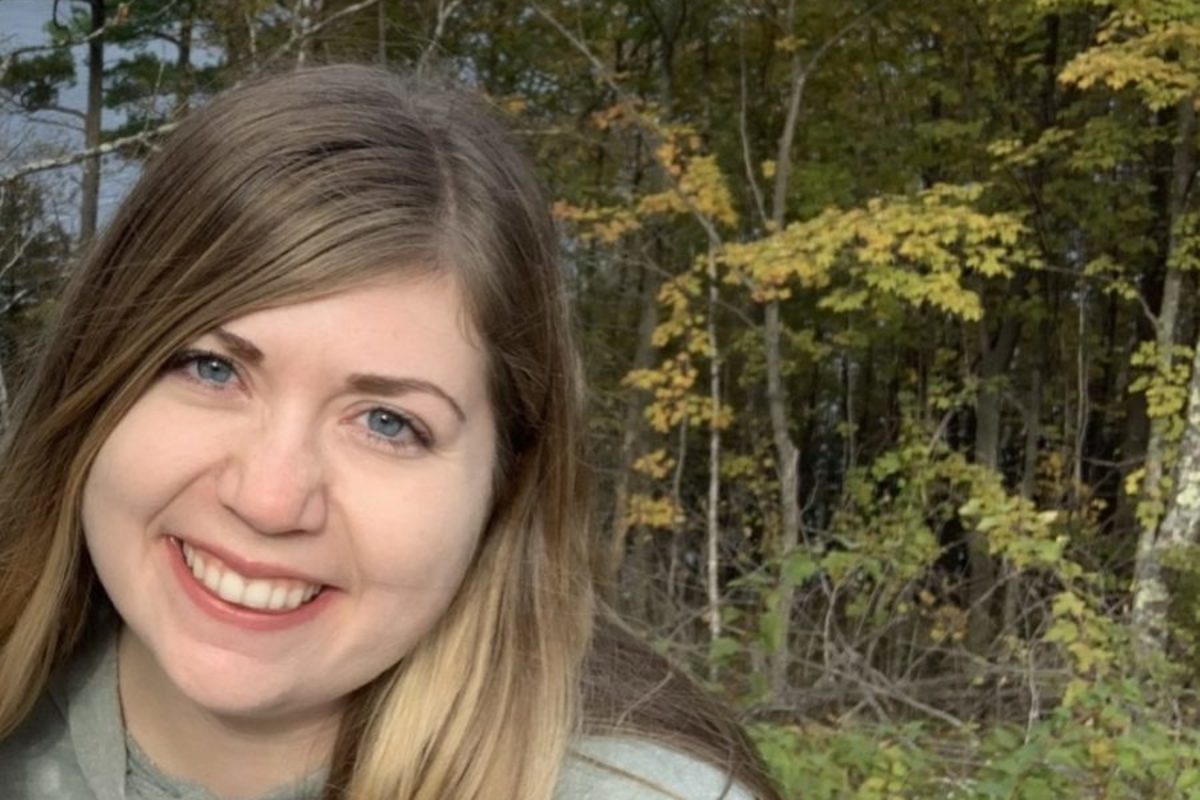
Darkness seems to be everywhere, doesn’t it? If we turn on the news for more than a few minutes, we are bound to hear about another tragedy. If we scroll on our phones long enough, we will learn of another need that seems too large to meet.
Rebecca Belton sees the darkness more than most. As a clinical mental health counselor, she walks through the darkness each day.
“In the darkness is where the light shines brightest,” Belton says, “and that’s where Jesus is.”
Belton is confident in her calling, but it was not always this way.
A Student Without a Major
Becoming a clinical mental health counselor was not always on Belton’s radar. Throughout middle and high school, Belton recalls hearing other students dream about their future careers. Some friends sounded so decisive about what they wanted, but Belton could not relate with that feeling. She knew that she wanted to help people and make a difference, but how?
“I just did gen-ed classes my whole first year of college,” Belton laughed. “I had no idea what I wanted!”
Belton finally landed on a Bible degree at Cedarville University because she knew that regardless of what she chose to do next, she wanted to have a Biblical foundation. It wasn’t until later, as Belton reflected on her past, that she decided to continue her education and pursue a masters degree in counseling.
“Due to some personal struggles, at a young age I started seeing a counselor,” said Belton. “I had a not-so-great counseling experience first. Rather than guiding me to come to my own conclusions, she would tell me what to do. But later on, I had a clinical mental health counselor who made me feel safe. When life was at its hardest, I knew I had someone to talk to.”
And some of the best counselors in Belton’s life were not even counselors at all.
“Other families came alongside me and took me in,” said Belton. “They were always there for me. I loved that they made me feel that I belonged. I found that I wanted to be that person for others.”
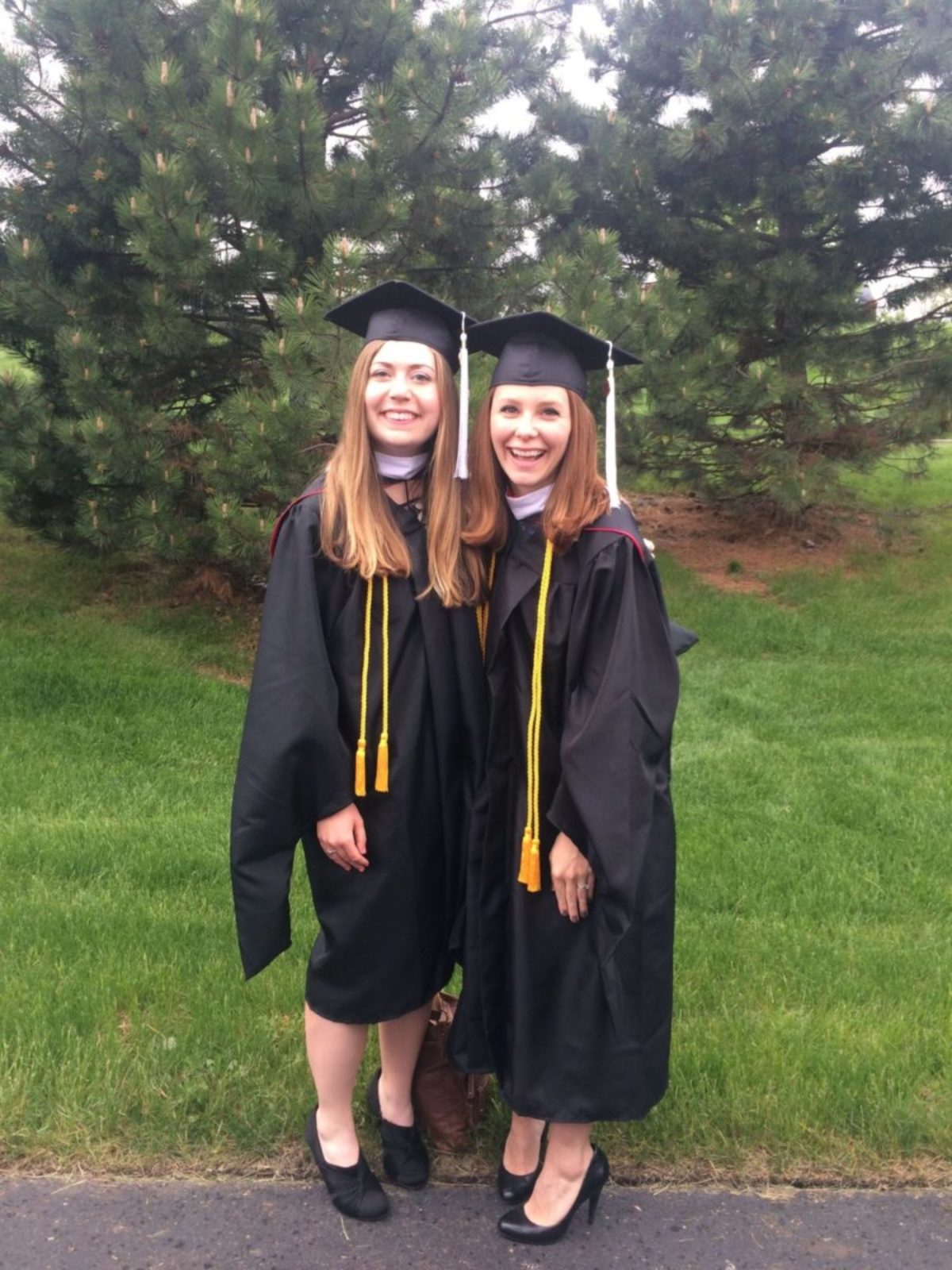
Making a Choice
After completing undergrad, Belton began researching options for her masters degree in counseling. She knew she wanted a degree that was CACREP accredited. She also knew that she wanted a degree that would intertwine her faith with her work. And perhaps most importantly, she wanted something she could afford. All of her boxes were checked when she found Grace College’s online Masters of Clinical and Mental Health Counseling degree.
“It was a fantastic online degree that gave me freedom about where to live and work,” Belton reflected. “I’m glad I chose this format because I believe that the world is moving in the online direction. For example, a lot of counseling jobs require tele-health counseling now, but I feel like I have a good grip on that because I did my entire degree online.”
If you have ever been close friends with a clinical mental health counselor, you know that the work and home balance can be tedious to manage. Belton knew that as well and wanted to prioritize a healthy lifestyle as she pursued a master’s degree in counseling.
“Work-life balance is huge for a clinical mental health counselor. Doing an online program was helpful because it freed me up a lot more to do the things I enjoyed. I didn’t want to give up trips with friends and quality time with my people, and I did not have to!”
And while the flexibility of online education is wonderful, Belton did not want to sacrifice connections with others in her field.
“What I loved was that the master’s degree in counseling had an in-person residency that was on Grace’s campus. I loved that experience because I got to connect with the people I had been going through the whole program with! I also felt I could network and grow professionally in that environment.”
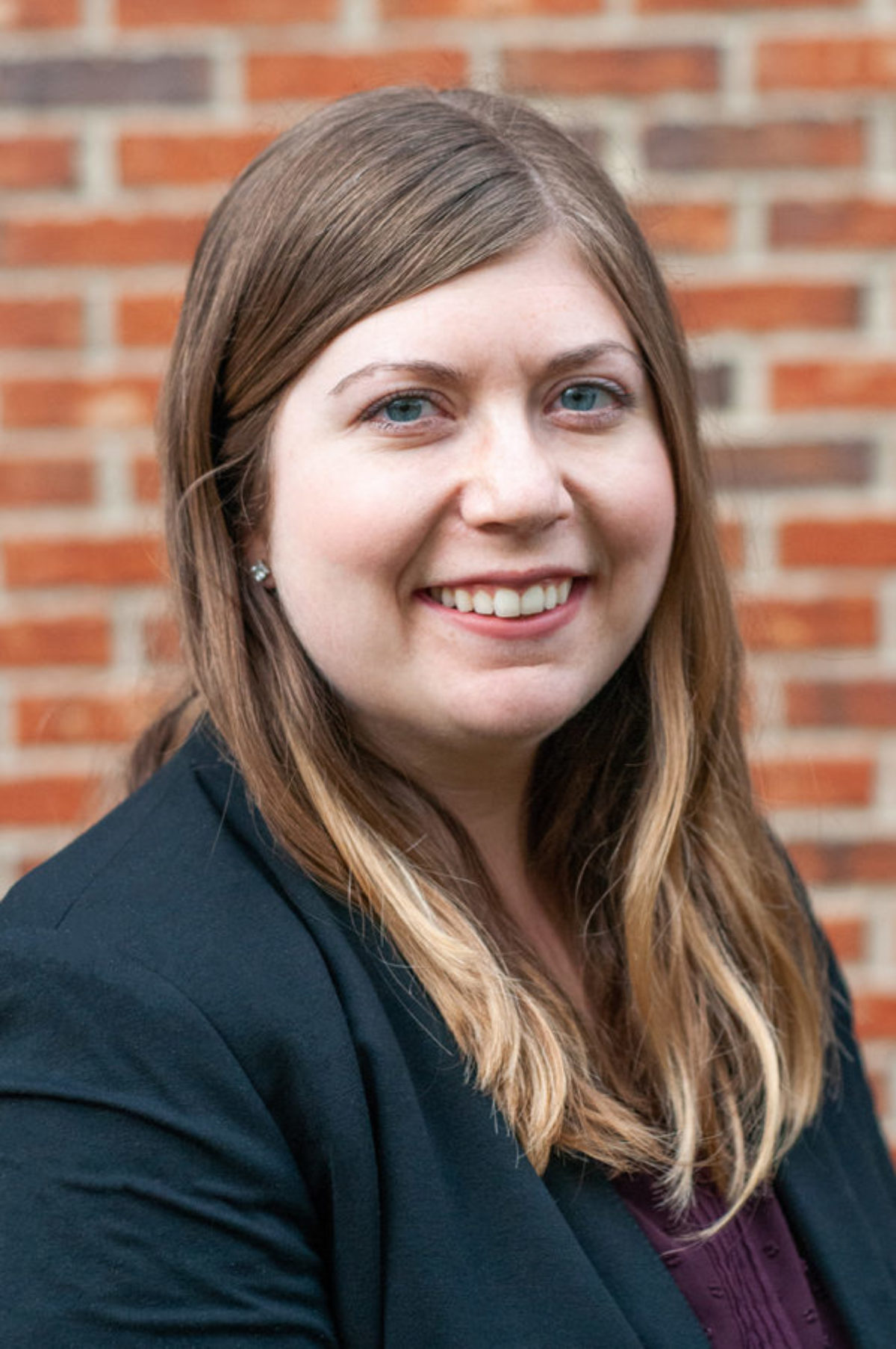
An Unexpected Path
Toward the end of her degree, Belton landed an internship in a place that was unexpected. She found herself in Milwaukee, Wisconsin, working with those who were recovering from addictions.
“I had wanted to work with kids,” said Belton. “I never saw myself working in the world of addictions. I actually wanted that the least! However, when time came for finding great internships, the one that kept popping up was an internship at a rescue mission that focused on addiction recovery.”
It was not long before Belton realized she was exactly where she was supposed to be.
“I fell in love with it,” she shared. “Working in this field is so rewarding. Some days, I see lives transform in front of my eyes. Other days, I see little victories that feel huge. I also love the way that this field has challenged my own biases. I often work with a population that I may not otherwise come in contact with, and it is a humbling experience to share resources with them that they may have never had access to before.”
But that wasn’t the only unexpected turn for Belton.
One day, while working in the recovery center, her team member had a last-minute emergency and asked Belton, who had never taught in a group setting, to take over her class.
“I was terrified!” Belton exclaimed. “ But there was no choice – I had to do it! So I just walked in and took over. I found out that I absolutely loved teaching.”
God was removing Belton’s fear in preparation for her next step. After five years counseling and teaching at the recovery center, a Grace College faculty member reached out to her to ask her if she’d like to pursue her doctorate while teaching an online counseling course at Grace.
“It’s just crazy how God works,” said Belton. “Teaching was something I was so fearful of, and now it is something I absolutely love! It is fun to connect with students, especially because I understand what they are going through. I know that the counseling program can be rigorous, but I can confidently tell my students that it is one hundred percent worth their time.”
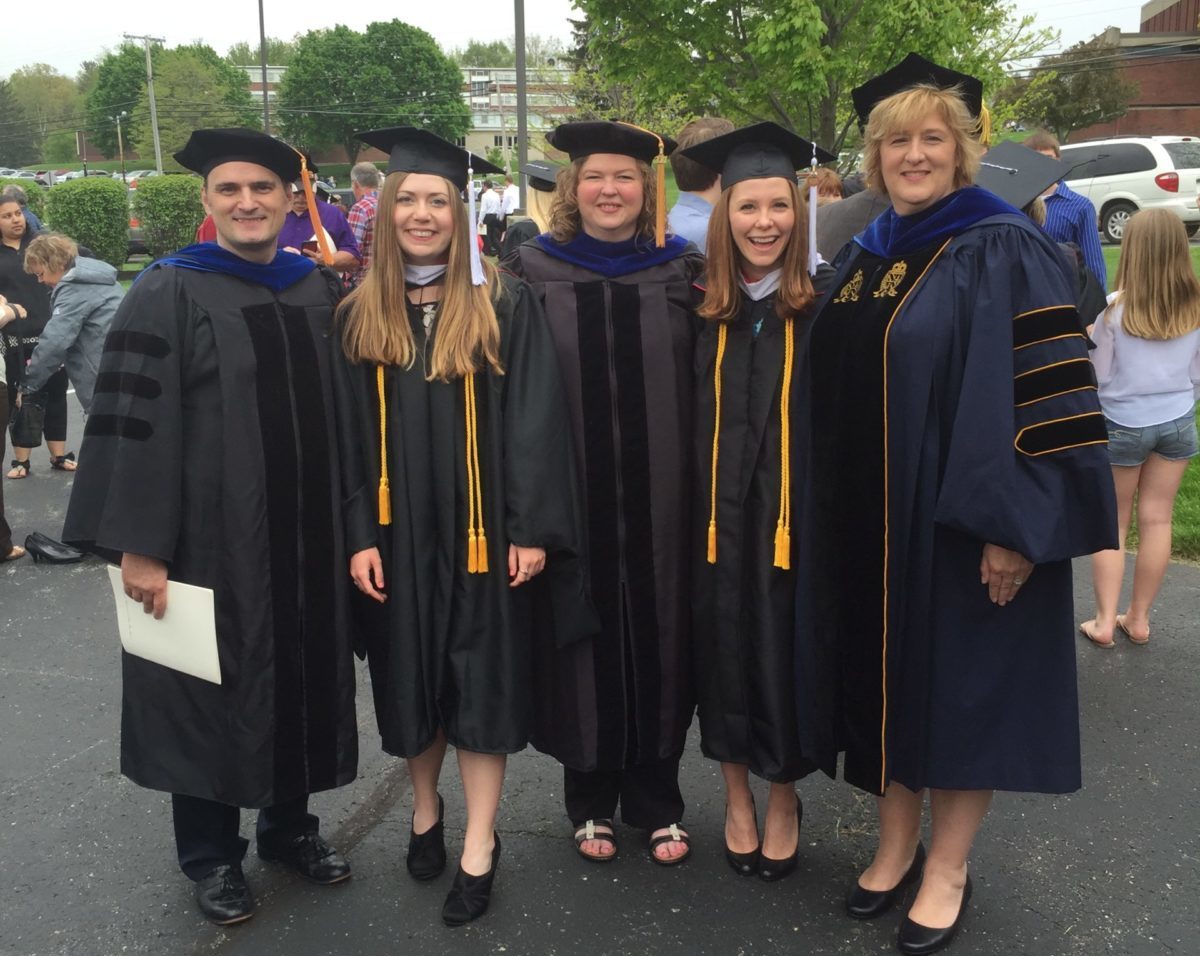
Light in the Darkness
Through all of the unexpected twists and turns in Belton’s life, she is able to look back and see how faithful God has been. Her advice to others walking in a place of uncertainty is this: “If fear is the only barrier for you, maybe there’s something incredible on the other side.”
“Don’t be quick to rule things out for your future because those things might be exactly what God has for you. Be open about where you might land! God is so faithful in the change. Just because I am afraid does not mean it’s not a good thing. Allowing God to stretch me has shown me that He is good and He is bigger than the fear,” she says.
The truth is that being a clinical mental health counselor is a tough job. It can be taxing to sit in the hard places all day, but Belton has seen that the hard places are where Jesus is.
“We find Jesus In the trenches. I am seeing him more clearly because I’m in this work.”
Belton knew that her master’s degree in counseling prepared her for things that she did not even see coming, but most of all, it prepared her to walk alongside people in the hardest, lowest moments. She wants her students to feel equipped to do the same.
Belton shares the story of Christine Caine, founder of an anti-trafficking foundation, with all of her students considering becoming a clinical mental health counselor:
Christine was buying her daughter her very own flashlight at Walmart. After the little girl carefully selected her flashlight of choice, she flipped the switch, and to her dismay, the light did not shine. Christine took a look, and explained to her daughter that she couldn’t see the light because the fluorescent lights of the store were swallowing up the flashlight’s little beam of light. In response to her mom’s explanation, the little girl pleaded, “Oh mommy, can we please go find some darkness?”
Belton challenges her students to be like this little girl and to boldly and expectantly find the darkness, because that is where we find Jesus.
If you are interested in learning more about how to be light in the darkness and becoming a clinical mental health counselor, get more information about our Master of Clinical Mental Health Counseling or apply today.
